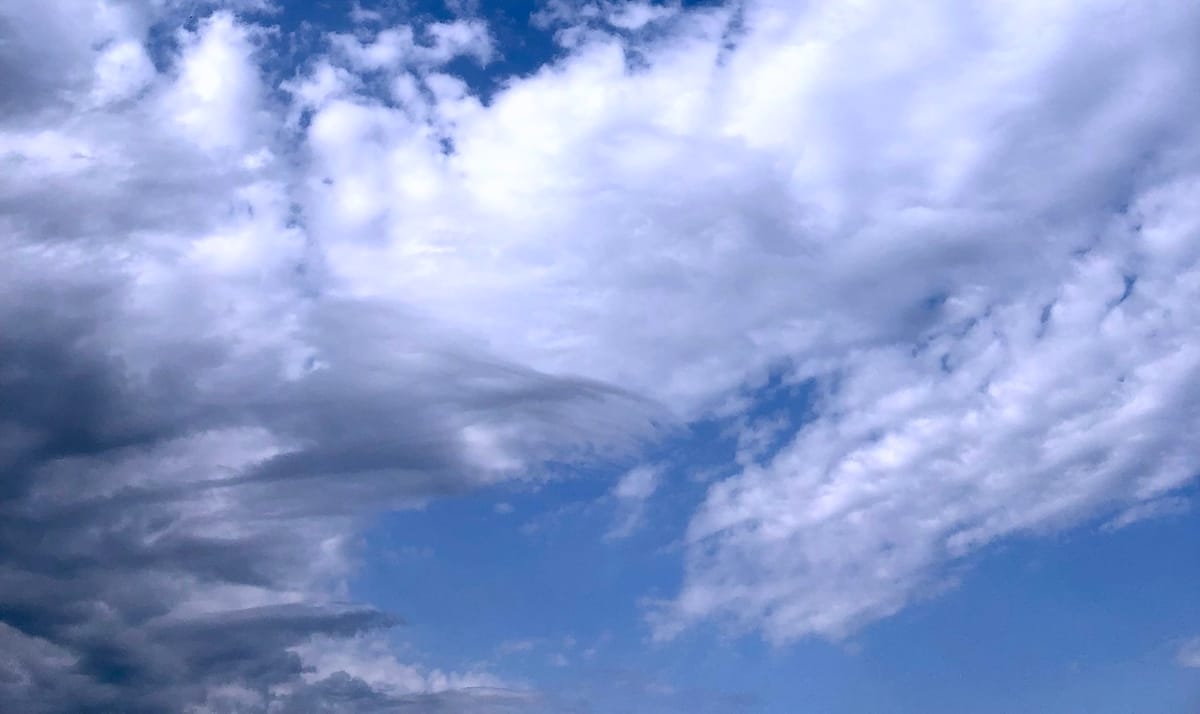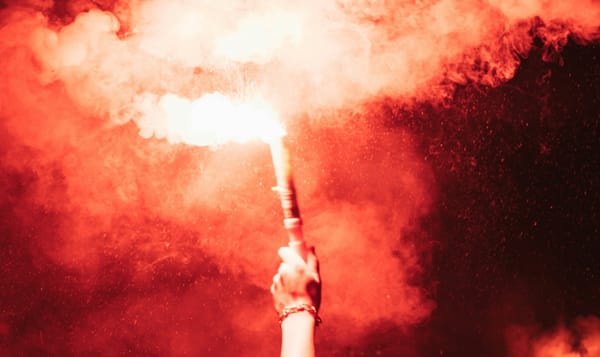developing a liberatory consciousness

this post is narrated! listen below…
I’m still reading through the work of critical liberation theory. I shared my first reading on the topic a couple weeks back. Critical liberation theory was first proposed by Love, DeJong, and Hughbanks in 2009. In it, they articulate theories of liberation. They argue that antiracism cannot stand alone: if we are to destroy the master’s house, we still need a place to live. Liberation gives us the space to imagine that future home.
We have to be careful while we’re building that new home. How can we ensure that we leave behind the mistakes of the past as we walk together into the future? Barbara J. Love had an answer for this in 2000, in her essay Developing a Liberatory Consciousness. It first appeared in the anthology Readings for Diversity and Social Justice.
Love writes about how important it is for us all to cultivate ways of seeing justice and injustice. Paulo Friere describes this as having a “critical consciousness.” She also cites Carter G. Woodson, Michael Albert, and bell hooks. Each of these writers/philosophers provide us frameworks for seeing the world as it is, not how we believe it to be. Love describes four elements of liberatory consciousness:
- awareness
- analysis
- acting
- accountability
Each of these elements are critical to having a liberatory consciousness. First, we must notice the harm. Then, we must understand that it is harmful. Next, we must act to end it. Finally, we must take responsibility for the actions that we did and didn’t take.
awareness
Awareness, as Love writes, is “developing the capacity to notice.” Rather than move through our lives with glib passivity, we must observe the world around us. Awareness means observing how we and others act in our daily lives. What norms surround us? What do we take for granted?
Love gives an example of a person who makes disparaging comments about a person or group. Awareness means stopping yourself from ignoring it. Awareness means choosing to notice it, or “choosing to live our lives from a waking position.”
In a conflict-avoidant society, the easiest path is to let it go. Pretend it didn’t happen. Act like you didn’t hear it. Cultivating an awareness means choosing to take the more difficult path. When we hear a racist comment or insult, we stop pretending that it was a harmless joke. Only then can we begin to think about what to do instead.
analysis
If awareness is the act of noticing, analysis is understanding what we notice. Over time, our analysis tells us what is happening, why it is happening, and what we must do about it.
We each have our own developed analysis or way of thinking that we use to do this. People committed to liberation already know the values of a fair society. If what we observe aligns with those values, we conclude that the actions were fine. If our observation doesn’t match our values, then we conclude that the action must change.
action
Actions emerge when we recognize that “awareness and analysis alone are not enough.” Love states that people who think must also put their thoughts into action. The action step assumes that it’s in our collective best interest to do something. This is the foundation of solidarity. If our boss yells at or unjustly punishes our coworker, we have to step in to help. If we don’t, we could be next.
Our analysis will offer to us a range of actions we can take. I’ll refer to the original example, someone disparaging another person or group. What actions could we take? We can speak up. We can report the person to their boss. We can check in later with the person who received the abuse and ask if they’re okay. We can join forces with others to demand justice. The actions that appear before us come from our own understanding of the scene. They are not every action in the realm of possibility. These actions may be the only ones available to us, or the only ones we imagine of in the moment.
The decisions we make should be in the interest of liberation. Love urges us all to act any time we have an opportunity to transform society. A liberatory consciousness seeks a more just world. Our actions, not our private thoughts, will help bring that world about. But we aren’t the only judges of that.
accountability/allyship
Accountability means owning up to our actions and inactions. I mentioned earlier that we have a variety of actions available to us. Love points out that the way we experience the world will inform our actions, even our own analysis. The history of racism, sexism, homophobia, ableism, and others has stratified us. In each of these categories and more, we are part of the dominant or subordinant group. This means that the possibilities we imagine may be bound to the privilege and access we hold.
Liberatory consciousness can help us bridge those divides by sharing what we know. We can help each other recognize the parts of society and ways of seeing that may not be available to us. It’s through this allyship that we support each other.
Accountability also means learning how others would want us to act. As we work towards liberation, we will make mistakes. Working in collaboration and exchange can help us understand when we do. We must be able to receive the analysis of others and compare it to our own. This can help us reevaluate the problematic behaviors or positions we may hold.
systems don’t perpetuate themselves
Combining these elements doesn’t come easy for everyone. We can’t stop at theory. We have to practice and shape our consciousness to achieve liberation. We must also remember that individuals and groups built the society around us. People act automatically according to how they understand the world. We have to break the automatic actions and replace them with meaningful ones.



